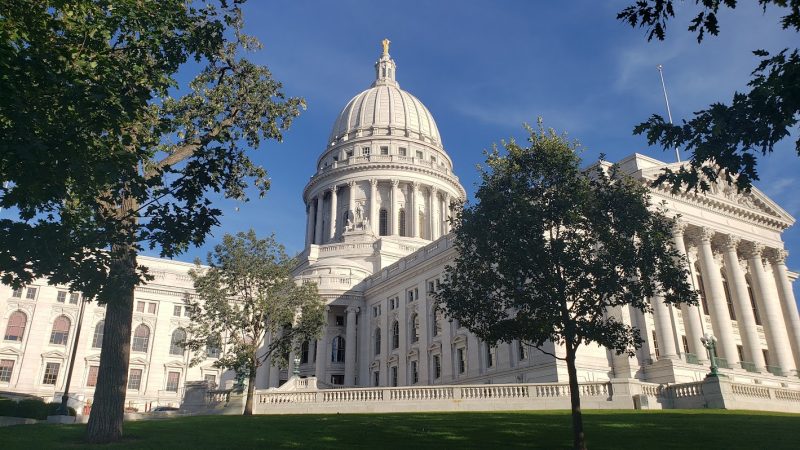GOP state Rep. Adam Neylon urged lawmakers to back legislation that would require lawmakers to reauthorize chapters in the administrative code every seven years, saying it would “make JCRAR great again.” Neylon, R-Pewaukee, testified yesterday alongside GOP Sen. Steve Nass, his fellow co-chair of the Joint Committee for Review of Administrative Rules. He argued to a joint legislative hearing that ...
Please log in to access subscriber content.
If you don't have a subscription, please contact schmies@wispolitics.com for subscription options on the WisPolitics-State Affairs platform, which is the new home for WisPolitics subscriber products.

